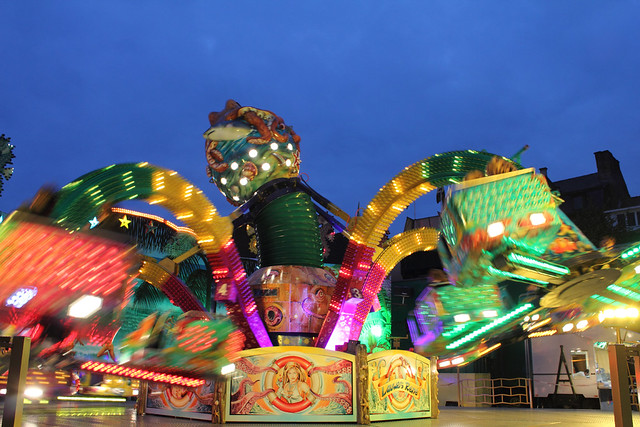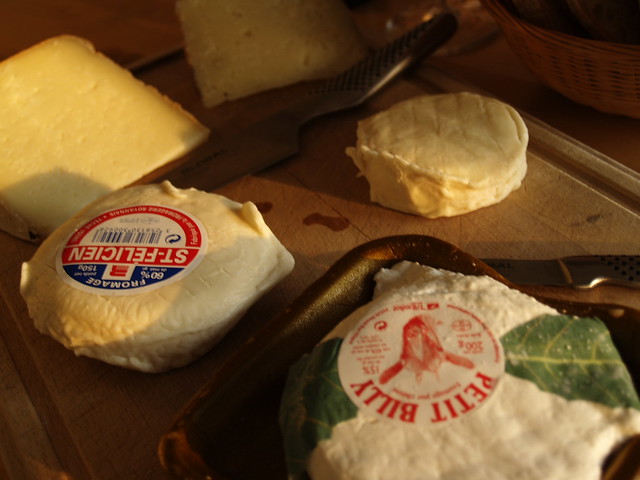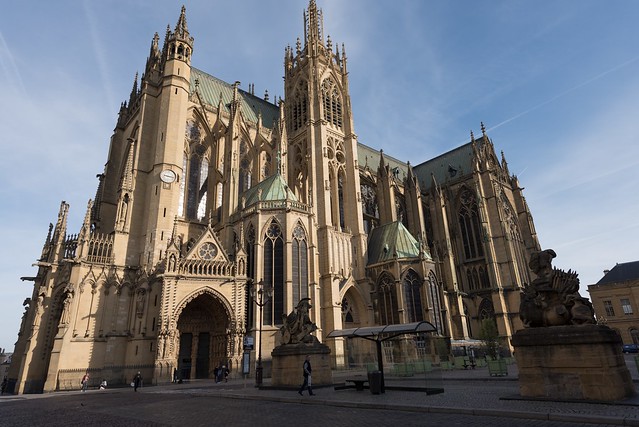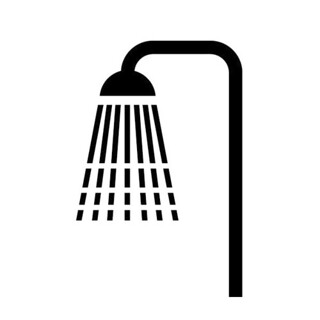The Spanish word desayunar [d̪esaʝuˈnaɾ] means to have (for) breakfast, the reflexive version, desayunarse means to have breakfast or to breakfast, and desayuno means breakfast.
These words come from des- (negative suffix) and ayunar (to fast) – so when you have your desayuno you could be said to be “defasting” or “unfasting”, which are similar to the literal meaning of breakfast (“break one’s fast”).
Desayunar is possibly related to the Vulgar Latin *disieiunāre (to eat breakfast), from Late Latin ieiūnāre (to fast), from the Latin ieiūnus (fasting, abstinent, hungry) [source].
From the same root we get the English words (to) dine, diner, dinner and jejune (lacking matter, empty, devoid of substance), the French words déjeûner (lunch, to have lunch) and dîner (dinner, to have dinner), the Italian word digiunare (to fast), and related words in other languages [source].
Some related words and expressions include (from Reverso):
- desayuno tarde/tardío, desayuno-almuerzo = brunch
- desayunador = breakfast nook
- Desayunaremos = We’ll get some breakfast
- desayunar con café = to have coffee for breakfast
- ahora me desayuno de ello = this is the first I’ve heard of it
- desayunar con algo = to get the first news of sth
- desayunar fuerte = to have a big/solid breakfast
- hoy no podría desayunar = I can’t face breakfast this morning
- Aquí podrá desayunar, almorzar y cenar = Here you can have breakfast, lunch and dinner
If you eat breakfast, what do you usually have, and when do you breakfast?
For me breakfast is always the first meal of the day, even if I get up late, as I’ve got into the habit of doing other the past year or so. This morning, for example, I woke up at about 9am, learnt some Danish, checked my emails, learnt some Swedish, watched some videos on YouTube, learnt some Dutch, watched more videos, then finally got up at about 11:30am. This is a fairly typical morning for me. For breakfast I usually have porridge with fruit, and some fruit juice. If I have any bread, I’ll have some toast as well.










